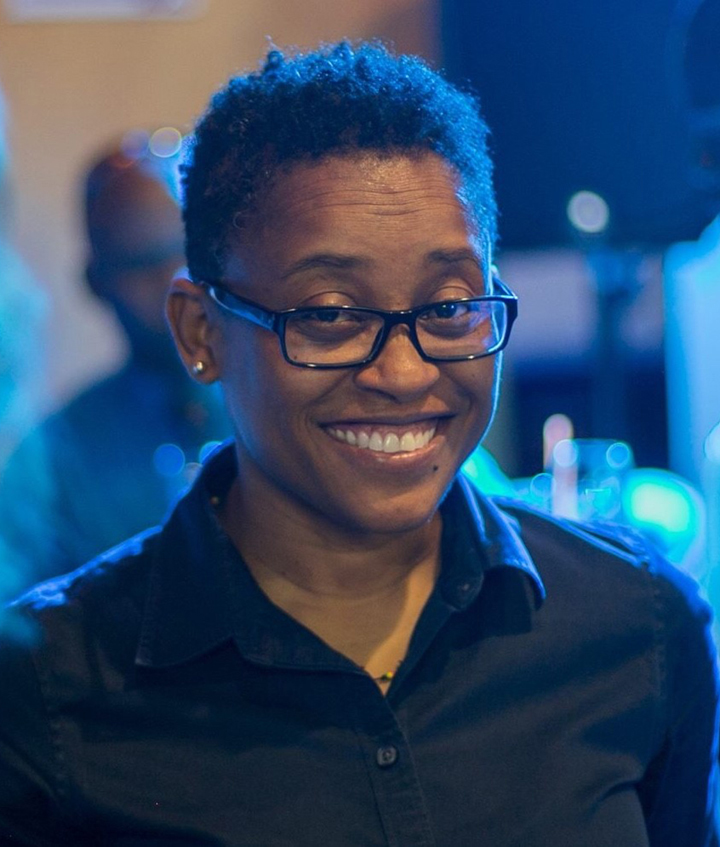O God
This is my meditation now, before I pray.
I think of Mozart,
in the heart of his civilization,
deserted, not even accorded the dignity
of decent burial.
I think of Christ crucified
Dying in agony, crying aloud to his God –
Eli, Eli, lama sabachthani?
I think of the others,
the others who are also the sons of God,
contemptuous of their divinity,
living and dying today in the slums.
I think of the strange and moving spectacle of man overcome
by the inanimate earth that covers him
or the deep waters in which he drowns
or the bullet that comes unerringly
travelling through eternity to its ultimate destination.
The voices of the living pray to God.
The voices of the dead
treasured in the beautiful books in the libraries
pray to God.
Men suffer and pray to God
and thereby acquire stature
like Jesus Christ and like Mozart.
They wait for the ultimate mockery
or the ultimate justification,
in the meantime piling up new and unlearned accents of tragedy
upon their human story, while they wait on God.
– Wilson Harris
On Thursday this week, most of the foremost scholars of West Indian Literature will gather in Georgetown for a three-day meeting as the University of Guyana hosts the 38th Annual West Indian Literature Conference.
This brings more than 70 academics, writers, researchers, film writers and artists to Turkeyen from several universities and other institutions around the world. All told, it will be a meeting of some 100 participants, including members of the University of Guyana. Most will be journeying from the USA, the UK, Europe, Africa, Australia, and around the Caribbean. These are persons who are engaged in the writing, research and study of the literature of the Caribbean as well as other forms related to it.



